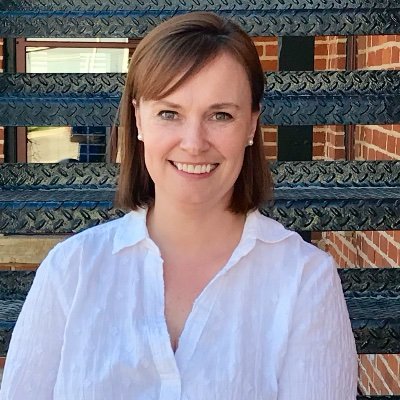At this time last year, Selena Warminski had just joined Shot@Life and was brand new to direct advocacy. She is proof that champions can make a big impact right from the start of their work with Shot@Life. Selena is in her final year at the University of Tennessee Health Science Center, College of Pharmacy and currently serves as the National Chair for Operation Immunization of the Student National Pharmaceutical Association (SNPhA). We caught up with her to learn more about her initial advocacy experiences.
How did you first become involved with Shot@Life?
I got involved with Shot@Life last year. The woman who was the Chair of Operation Immunization, an education campaign of SNPhA, encouraged me and a few other committee members to attend the Champion Summit. It was the first time I’ve been an advocate and my first time meeting with lawmakers.
What was your first meeting on Capitol Hill like?
My first meeting was a member-level meeting with Senator Gary Peters of Michigan. I attended along with Peter Yeo. It was pretty nerve-wracking to have my first meeting ever be with a senator, but it was easier than I thought it would be.
It turns out that the Senator and I both went to Michigan State University for our undergrad degrees. I knew that before the meeting thanks to the bio provided by Shot@Life. I had on an MSU pin, and he said, “Go Green,” which immediately made me feel more comfortable. From there, it was just me expressing why funding global childhood immunization programs is so important.
You mentioned it was nerve-wracking at the start. How long did it take for your nerves to subside?
My nervousness went away as soon as I started talking, which was easy, because I had reviewed the Shot@Life talking points and fact sheets.
I went into the meeting a bit anxious, and I left feeling inspired and energized.
How were your other meetings on that first Hill Day?
My other meetings were great, too. Everyone in the offices was really kind. Representatives and their staffers know that it is their job is to serve constituents and they create a very welcoming environment.
There was one staffer that I worried would be opposed to vaccines based on some information in her bio, but when we met with her, she was very receptive and supportive. It’s good to keep an open mind, but also make sure you’re prepared.
What kind of preparation do you recommend?
Spend time reading staffer bios and Shot@Life info sheets before your meetings. It’s intriguing material — not like school work that can sometimes feel irrelevant. The content is helpful, and you’ll definitely use it again.
What other advice do you have for people attending the Champion Summit?
Bring comfortable shoes!
Every champion is different. Coming together and listening to everyone’s stories was amazing to me. Take the time to really listen to your fellow champions.
You don’t need to have an advocacy background or policy experience to be a successful champion. What’s important is that you care about vaccinating kids and do the work to stay informed. And don’t worry, Shot@Life arms you with all the facts you need.
Looking back on your year of advocacy, how do you feel?
Last year’s Summit was one of my proudest moments. I’m grateful to have attended, because I gained the motivation and skills to talk to powerful legislators. The Summit helped me become an even better advocate, which led to me traveling to Uganda and ultimately getting my position in SNPhA.

